Just when you thought local rankings were about location alone, these critical Google Business Profile ranking factors determine who truly dominates search results.
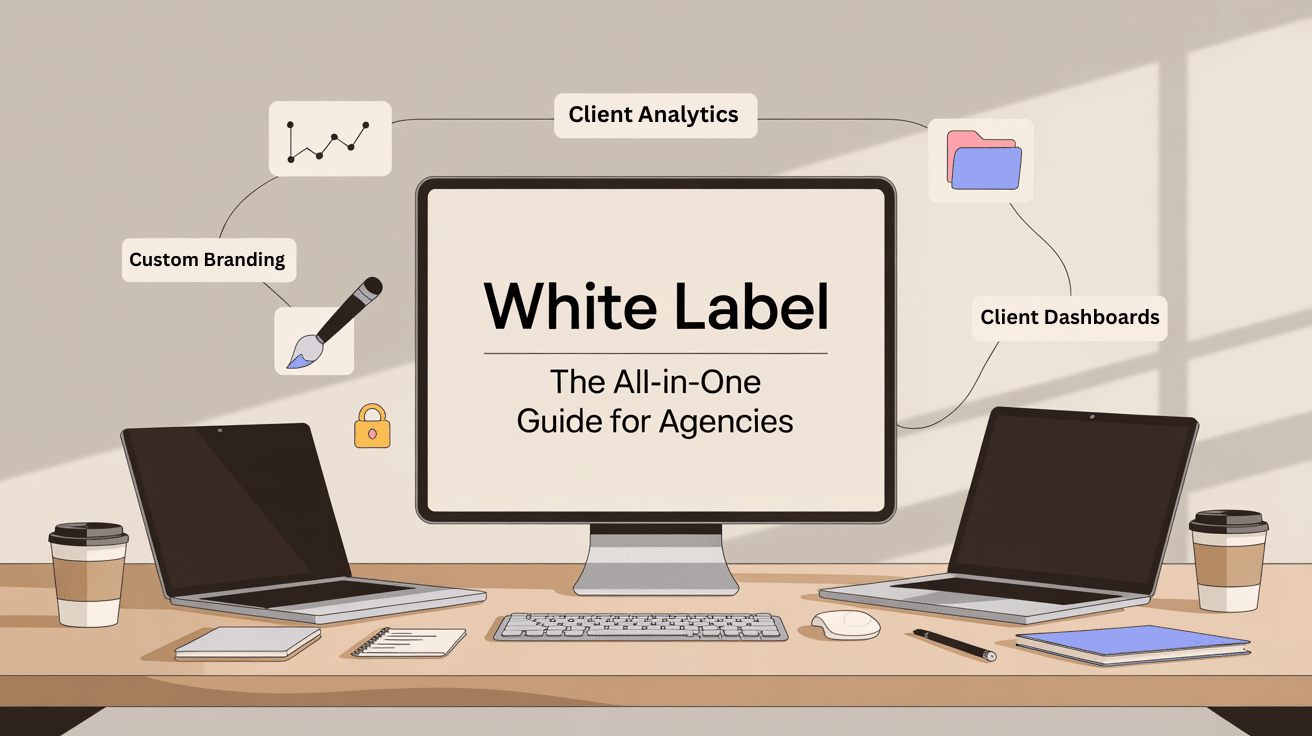

In a world where time is limited and competition is fierce, white label services have become a strategic lifeline for agencies that want to scale fast without ballooning their costs. But what exactly does “white label” mean?
At its core, white label refers to a product or service produced by one company and rebranded by another to appear as their own. It allows agencies to offer high-quality software, services, or deliverables under their own brand, without building everything from scratch.
This guide is your all-in-one playbook. Whether you’re a solo consultant looking to start, or a full-service agency looking to scale, we’ll walk you through the tools, tactics, and strategies to make white label your competitive edge in 2025.
More and more agencies are turning to white label solutions not just as a convenience—but as a core business model. Why? Because the agency landscape has changed:
White labeling lets agencies stay lean while still offering enterprise-level products and services. You don’t need to reinvent the wheel—you just need to brand it better.
Here’s what’s fueling the shift:
In short, white label allows you to do more, earn more, and grow faster, all while keeping your operational complexity low.
Let’s be real: building new products or service lines in-house is time-consuming, risky, and expensive. White label solves this. Here’s how:
Launch a new product or service in days, not months. Want to add review management, social media tools, or a CRM to your offerings? White label makes it turnkey.
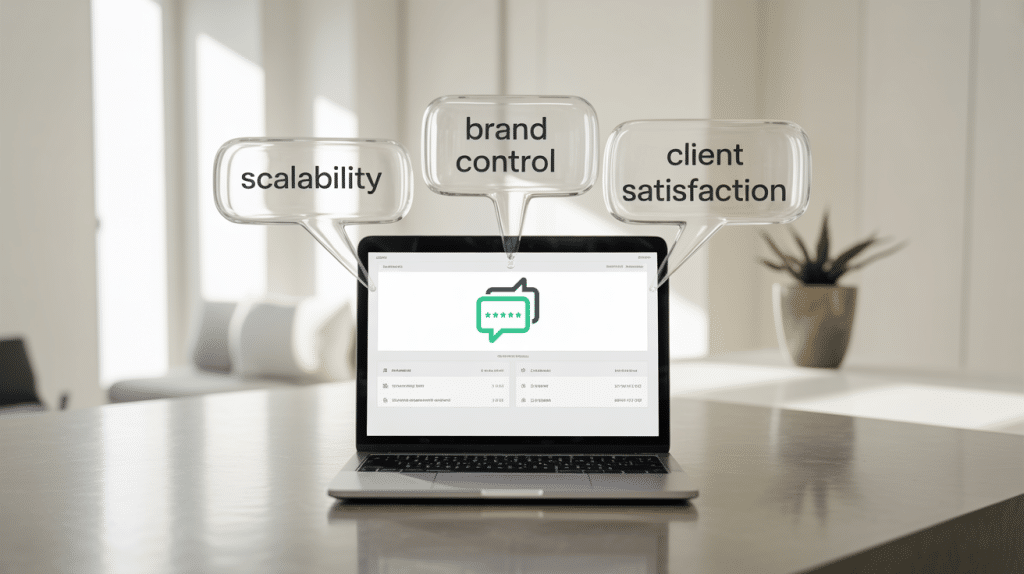
No need for a development team, product managers, or support staff. Your white label partner handles the back end—you handle the relationship.
Since you control pricing, you can set healthy margins while delivering great value. Recurring revenue is baked right in.
From login pages to email templates, every touchpoint can reflect your brand. This builds client trust and loyalty.
You can take on more clients without increasing your overhead. Scale your business without burning out your team.
Bottom line: white label lets you focus on selling and growing, not building and maintaining.
White label services aren't just limited to one niche. They offer extreme flexibility for agencies of all types—from digital marketing to reputation management and beyond.
Here are some of the most impactful ways agencies are using white label today:
Managing Google Reviews and online reputation is a high-demand service. Agencies can offer branded review monitoring dashboards and even automate responses—without writing a single line of code.
Explore some of the best platforms for this in our detailed roundup: 5 Best White Label Review Management Tools
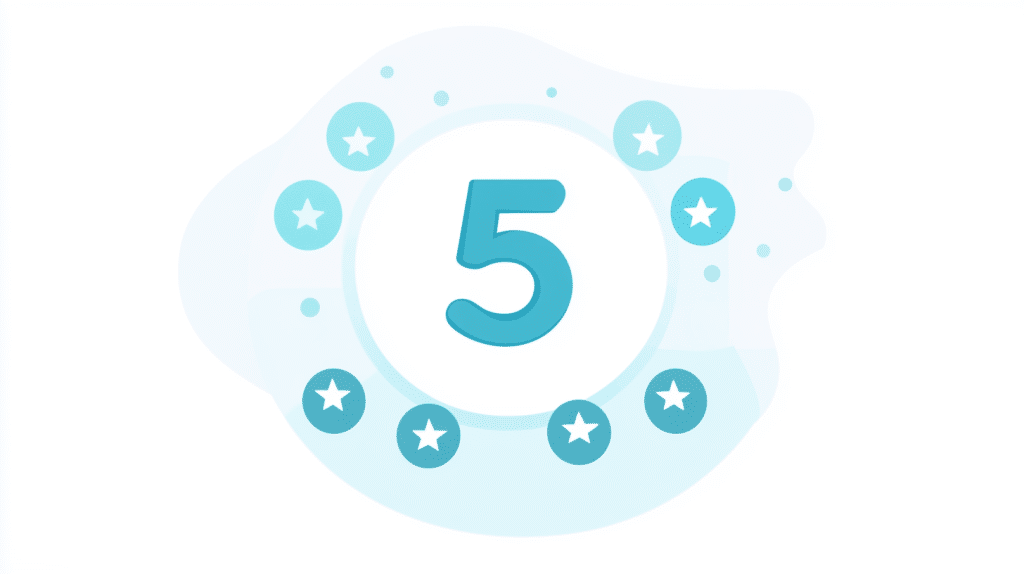
White label CRMs help you centralize communication, reporting, and lead management, all under your own brand. Clients log in and see your logo—not a third-party tool.
Rather than sending boring spreadsheets, send fully branded analytics dashboards. These tools automate data pulling and reporting, saving you hours every month.
Set up automated email flows or SMS campaigns for your clients using pre-built white label tools that deliver high-converting communication with minimal setup.
White label website builders and hosting services enable you to deliver stunning websites with your branding while a third party handles uptime, speed, and support.
With so many options on the market, selecting the right white label software can feel overwhelming. The wrong choice can damage your brand—or worse, lose client trust.
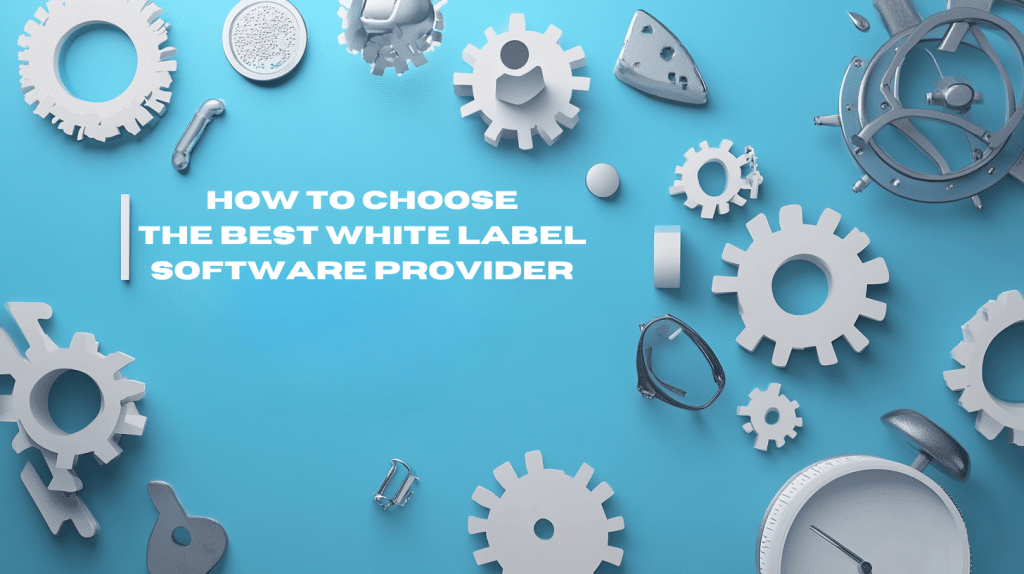
Here’s what to look for:
Transparent Pricing: Make sure there are no hidden costs or revenue-sharing clauses.
Reliable Vendor Support: Will they be there when you need help?
Customization Options: Can you fully brand the interface, domain, and reports?
Ease of Use: Is the platform intuitive for both your team and your clients?
Integration Capabilities: Does it connect with your existing tools like CRMs, CMSs, or automation platforms?
Scalability: Can it grow with your agency and handle multiple client accounts?
We break this down in much more detail in our step-by-step article: How to Choose the Best White Label Software
SaaS (Software as a Service) is the dominant model for white label offerings—and 2025 has seen a surge in powerful new platforms.

Here are some categories dominating the space:
If you're looking for tools that are already proven, scalable, and agency-ready, this curated list is your best bet: White Label SaaS Solutions in 2025
Online reputation can make or break a business—and agencies that offer review management as a service are capitalizing on this demand.
White label review software allows your agency to:
Want to offer this powerful service under your own brand? Read our breakdown of the best platforms and strategies: White Label Review Software Services
White label is not just a service—it’s a recurring revenue machine. You can bundle software, reports, and support into monthly retainers or tiered pricing packages.

Want a proven framework? Our in-depth guide shows how successful agencies are building sustainable income with white label solutions: Recurring Revenue Guide for White Label Agencies
One of the most compelling reasons to embrace white label? It directly impacts your bottom line.
We’ve compiled the most profitable services in this piece: How White Label Tools Increase Revenue
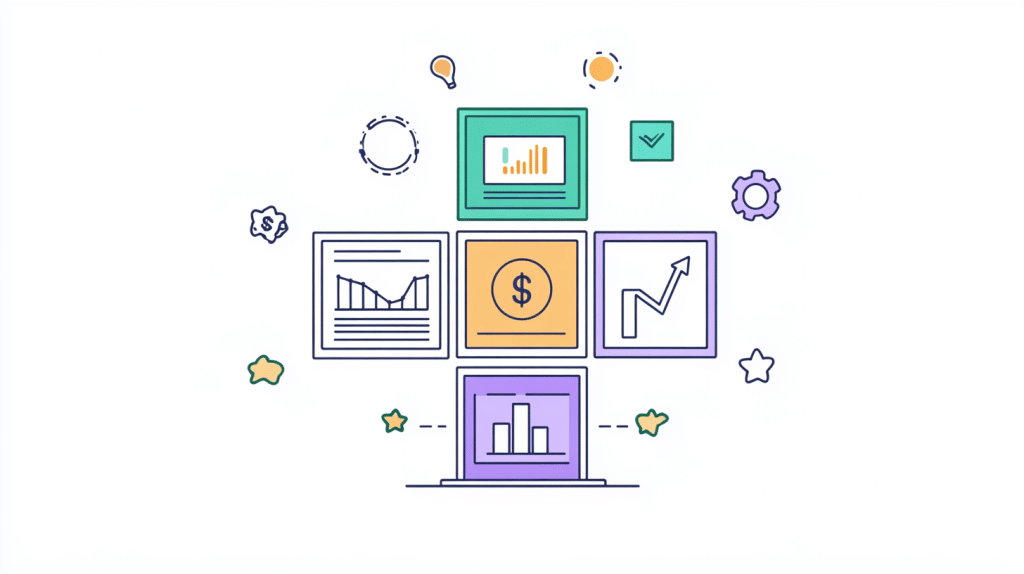
If you're unsure where to start, we’ve done the homework for you.
This hand-picked list includes:
You’ll find options for agencies of all sizes, from solopreneurs to established firms: Top 5 White Label Software Services
Starting an agency may sound daunting, but white label makes it faster and leaner than ever before. Instead of creating products and hiring a full fulfillment team, you focus on sales, branding, and client relationships—while a white label partner handles delivery.

Want the full blueprint to go from zero to agency owner using white label tools? Dive into: Building and Growing a Successful White Label Agency
Selling white label services under your own brand still requires sharp marketing. You’re not just reselling software—you’re selling transformation and outcomes.
Need more tactical guidance on converting cold leads into paying clients? Read: 9 Best Marketing Strategies for Agency Client Acquisition
Digital marketing agencies are uniquely positioned to thrive with white label services. Why? Because their clients need results, not tools. White label lets you deliver both—without the backend complexity.

You become a one-stop-shop—without doing all the heavy lifting.
To see which tools offer the most value and scalability, check this out: How to Use White Label Services for Growing Your Digital Marketing Agency
White label is no longer just a shortcut—it’s a smarter way to build and scale an agency.
It empowers you to deliver premium, recurring services without bloated overhead. You own the brand. You own the client. You build the relationship. And best of all? You grow on your terms.
In 2025 and beyond, agencies that embrace white label will move faster, sell more, and deliver better experiences—all without burning out or blowing up their budgets.
Whether you’re launching your first service or scaling your tenth, white label can help you get there faster—and more profitably!

Just when you thought local rankings were about location alone, these critical Google Business Profile ranking factors determine who truly dominates search results.
Optimize your business revenue with white label tools and discover strategies to maximize growth—your income potential is just a click away.
Learn effective PR crisis management strategies, from forming a dedicated crisis team to crafting resonant messages, and explore their nuances further.
In the highly competitive world of digital marketing, businesses often seek quick wins to achieve visibility and growth. However, some tactics, while seemingly effective in the short term, come with significant risks. Google, being the gatekeeper of online visibility, has stringent guidelines to ensure that businesses engage in fair and organic practices. Deviating from these […]
Optimizing Your Google Business Profile for Local SEO Success is a must in todays competition. When you neglect your Google Business Profile, potential local customers slip through your fingers while competitors thrive in search results.
Discover 9 powerful local SEO strategies to drive more traffic, customers, and visibility to your small business. Easy to implement, proven to work.